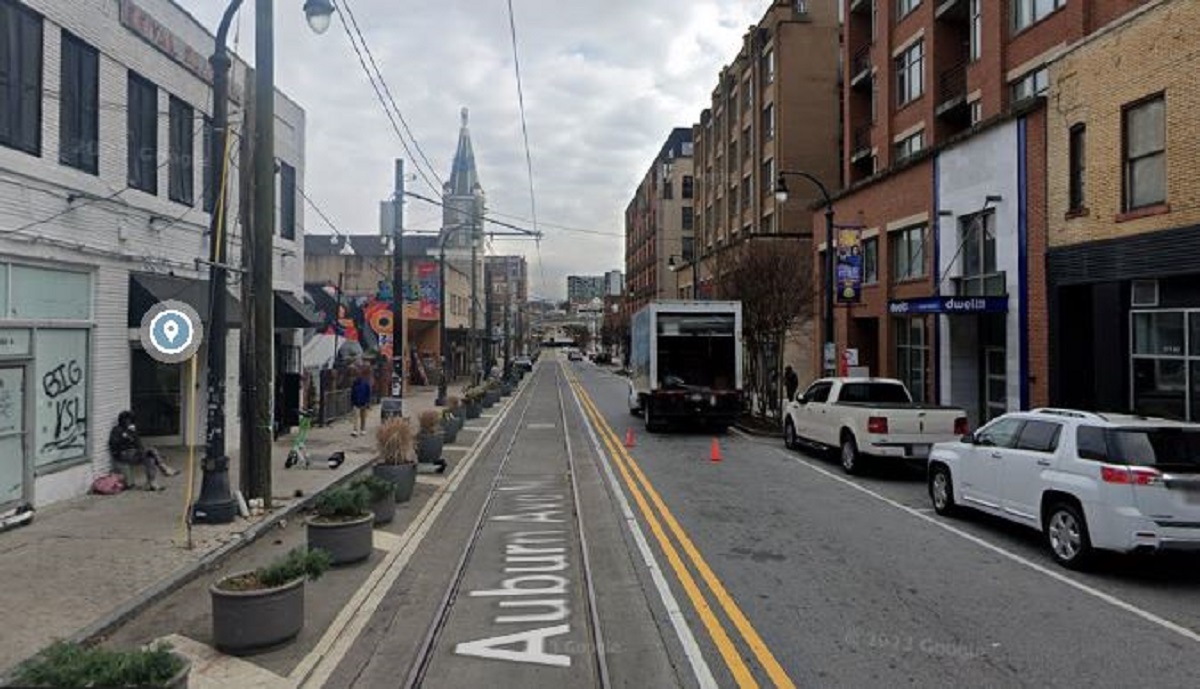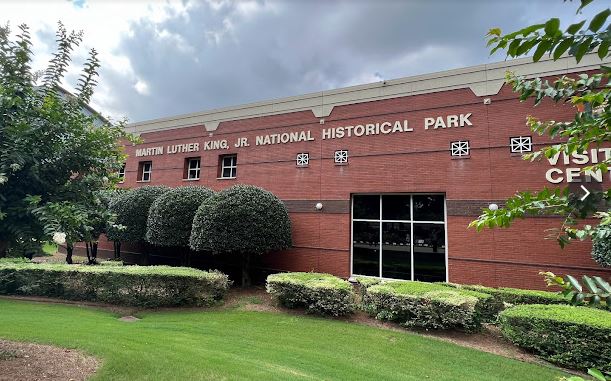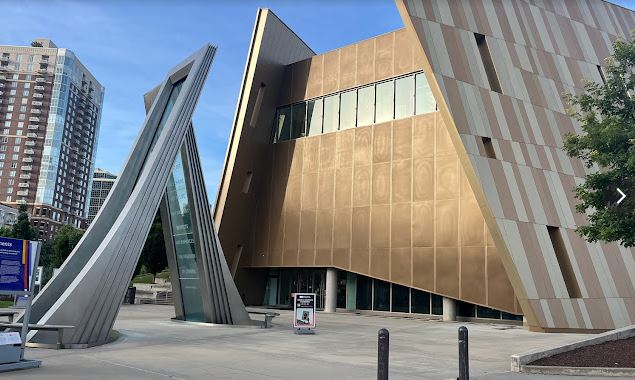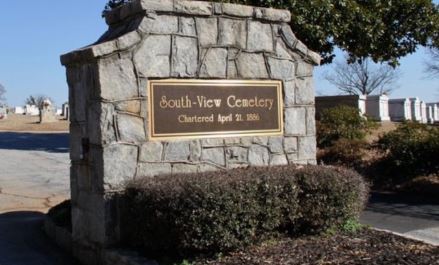Atlanta’s place in the annals of black history needs no introduction, from it being the cradle of the civil rights movement to its progressive strides across many business sectors, Georgia’s largest city has cemented its place.
Being so rich and influential history in the civil rights movement, Atlanta’s many landmarks and attractions offer a unique look into the city’s black heritage.
This article will cover some amazing facts about Atlanta’s black history.
5 Black History Facts About Atlanta
These five amazing black history facts about Atlanta serve as a testament to the city’s rich and influential role in black history.
Sweet Auburn Neighborhood

Sweet Auburn was once known as the “the richest negro city in the world.” and its thriving black-owned businesses played a key role in the Civil Rights Movement by providing economic support and resources to the movement.
Today, these businesses are preserving the area's connection to the Civil Rights Movement and
reigniting the spirit of black enterprise.
Center for Civil and Human Rights
The Center for Civil and Human Rights is a museum dedicated to preserving and showcasing the city's rich history in the Civil Rights Movement.
Through interactive exhibitions and displays, visitors can learn about the people who were killed during the Civil Rights Era, and view original writings by Martin Luther King Jr. The Centre serves as a tribute to Atlanta's pivotal role in the Civil Rights Movement and provides a window into the city’s past.
Martin Luther King Jr. National Historic Site

Martin Luther King Jr. was ordained as a minister and served as a pastor at the historic Baptist church that now serves as the Martin Luther King Jr. National Historic Site. This site offers a unique look into King’s life and legacy, and provides a meaningful tribute to his work in the Civil Rights Movement.
The African American Burial Grounds
Developed during the slave era, the African American Burial Grounds in the Southeast Atlanta neighborhood of Lakewood Heights’ South-View Cemetery offers a glimpse into the lives of enslaved people in Atlanta and their role in the Civil Rights Movement. The guided tours provide a powerful and emotional
look into the city’s past, and serve as a reminder of the sacrifices made by those who fought
for equality and justice.
Black Colleges

Atlanta’s historically black colleges and universities, including Morehouse, have played a significant role in educating and empowering black leaders and have been at the forefront of the Civil Rights Movement. These institutions continue to have a major impact on the city’s cultural heritage, and serve as a testament to Atlanta's commitment to
education and equality.
What Schools And Colleges Make Up The AU Center?
The colleges and universities that comprise the AU Center include:
- Clark Atlanta University
- Spelman College
- Morehouse College
- Morehouse School of Medicine
Conclusion
They also provide a powerful reminder of the sacrifices made by those who fought for equality and justice.
As you can see, Atlanta’s history is rich when it comes to African-American excellence. Along with having many cool things to do in Atlanta, the city offers a great history lesson of the progress of U.S. society. If you want to support black businesses in Atlanta in a material way, here are some resources to help you.






